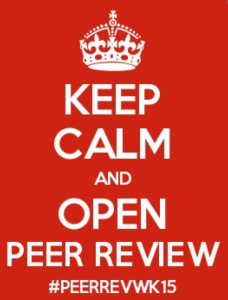
Version 4.4 hört sich vielleicht nicht nach einem großen Versions-Schritt an, bringt aber Veränderungen mit sich, auf die viele Einrichtungen (auch aus Deutschland) lange gewartet haben: ein kontrolliertes Vokabular für Textpublikationstypen. Interessierten Metadaten-Expert:innen wird die Öffnung hin zu textuellen Publikationen beim Lesen des Titels der Schema-Dokumentation auffallen.




